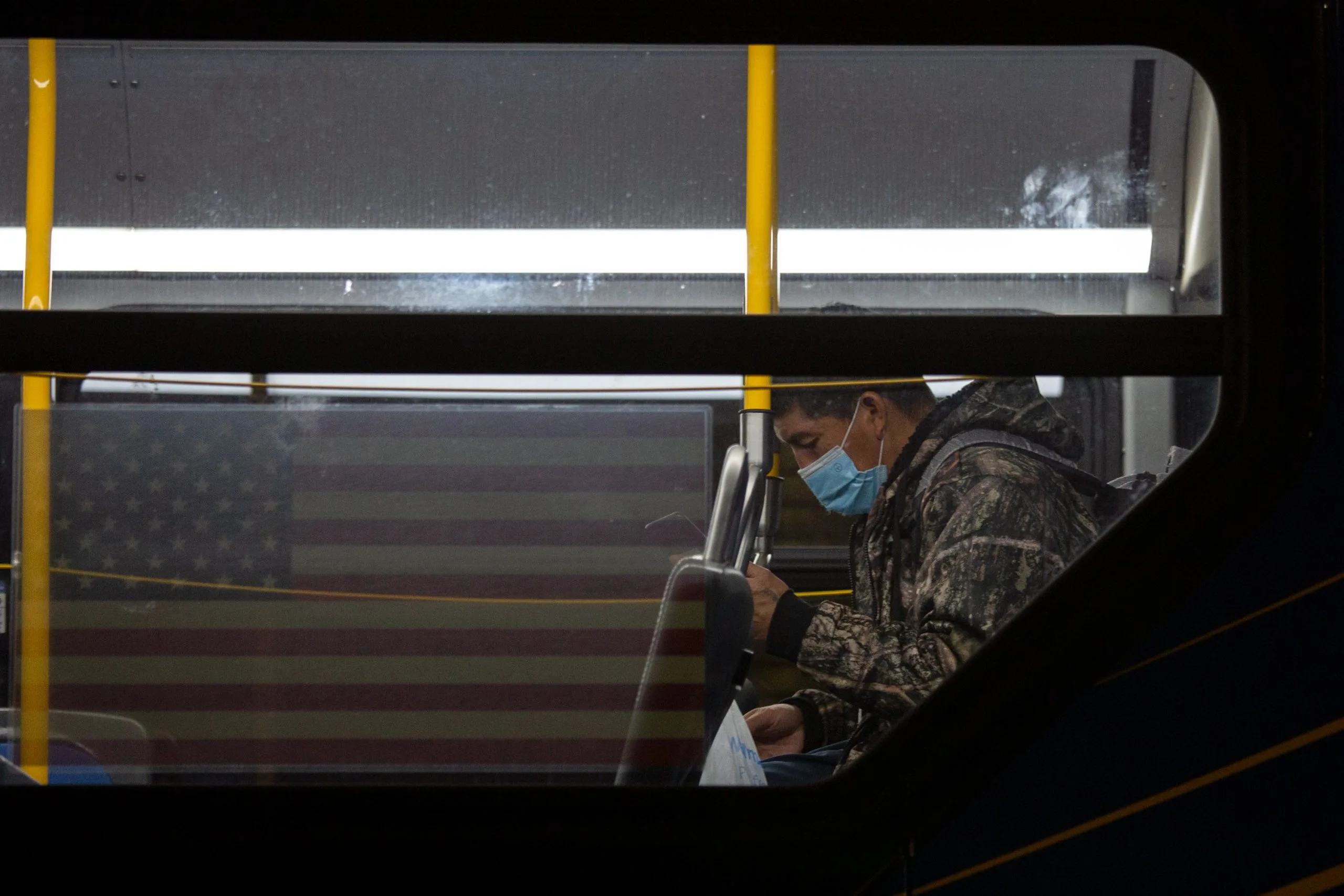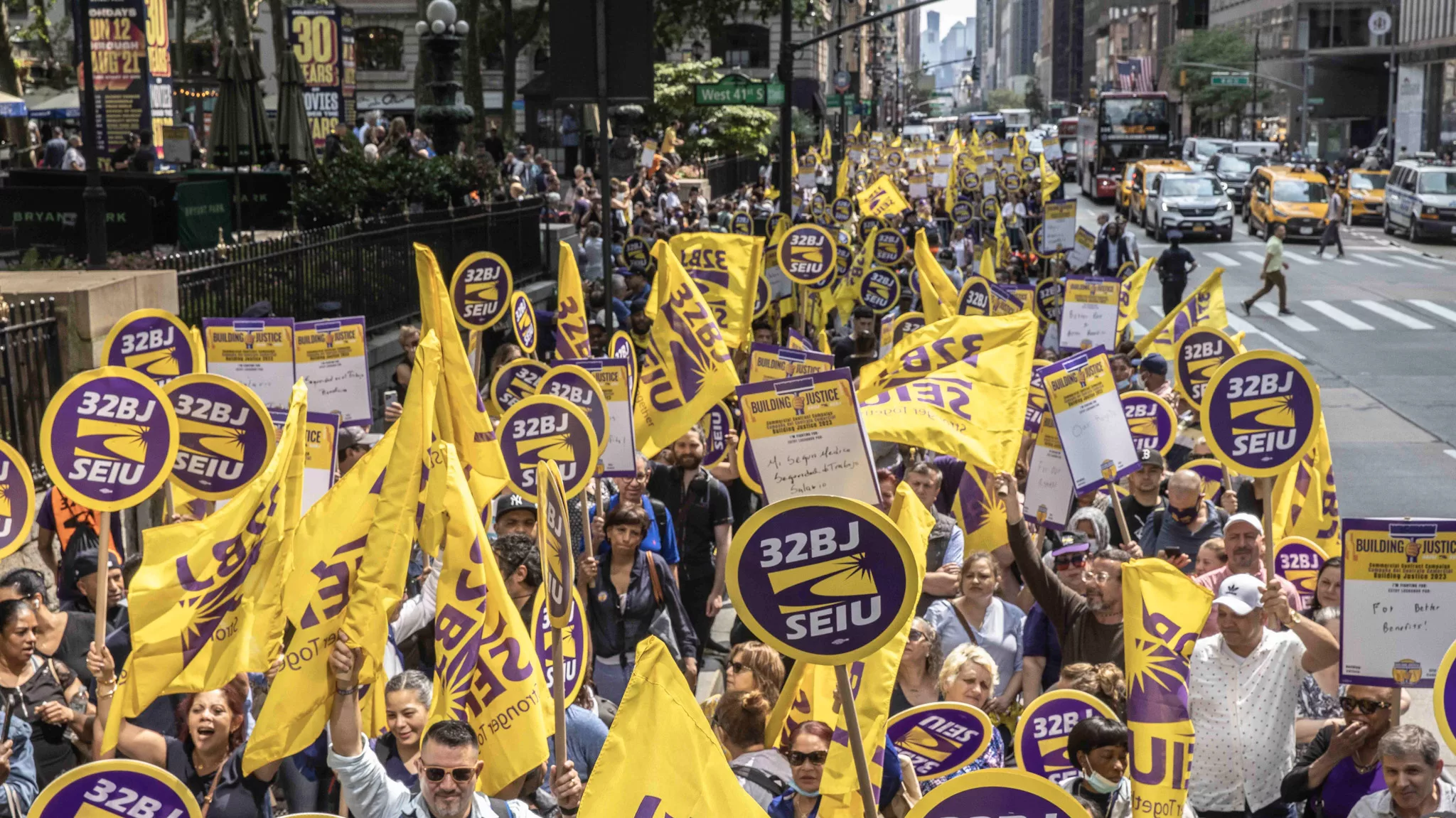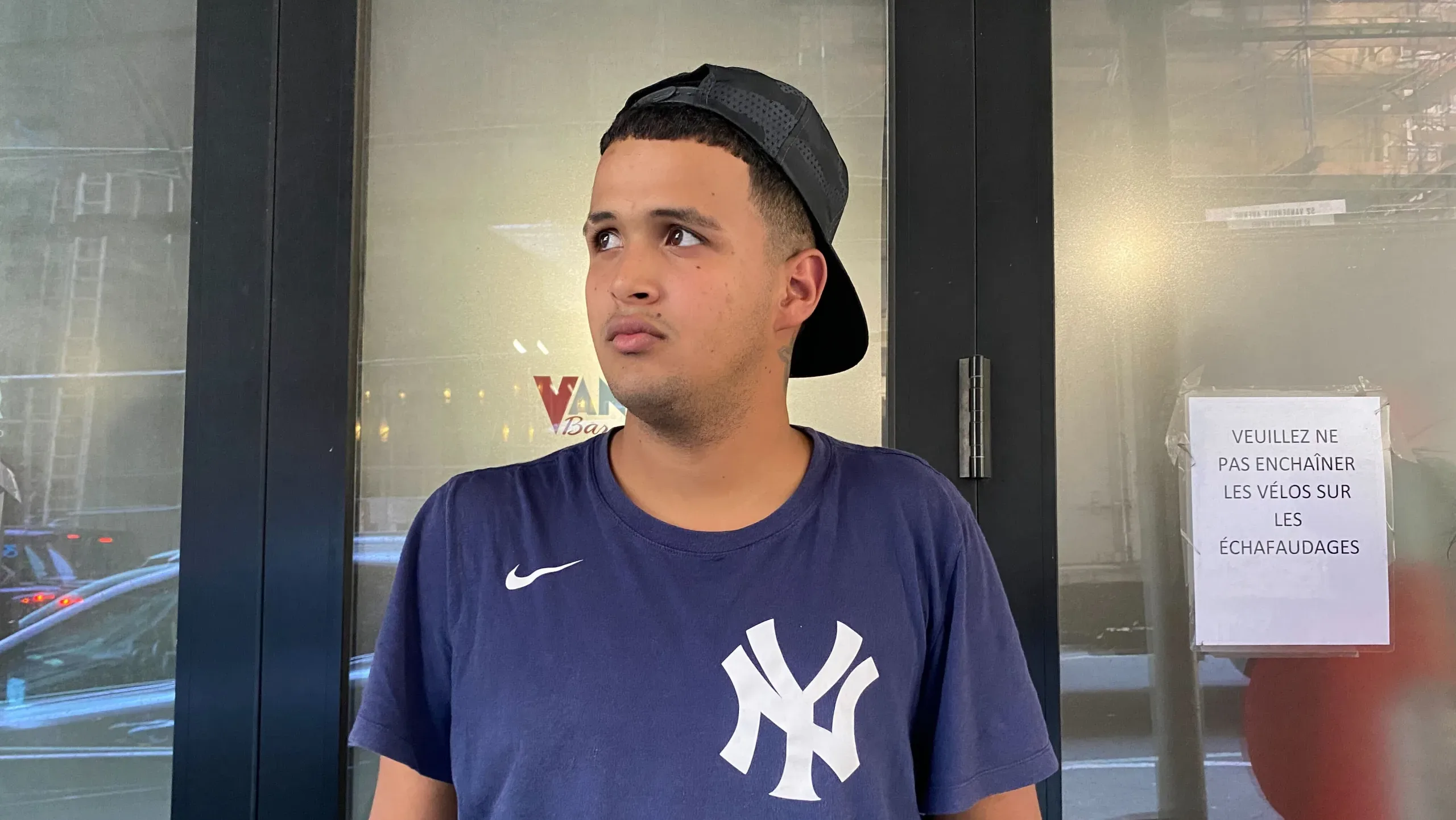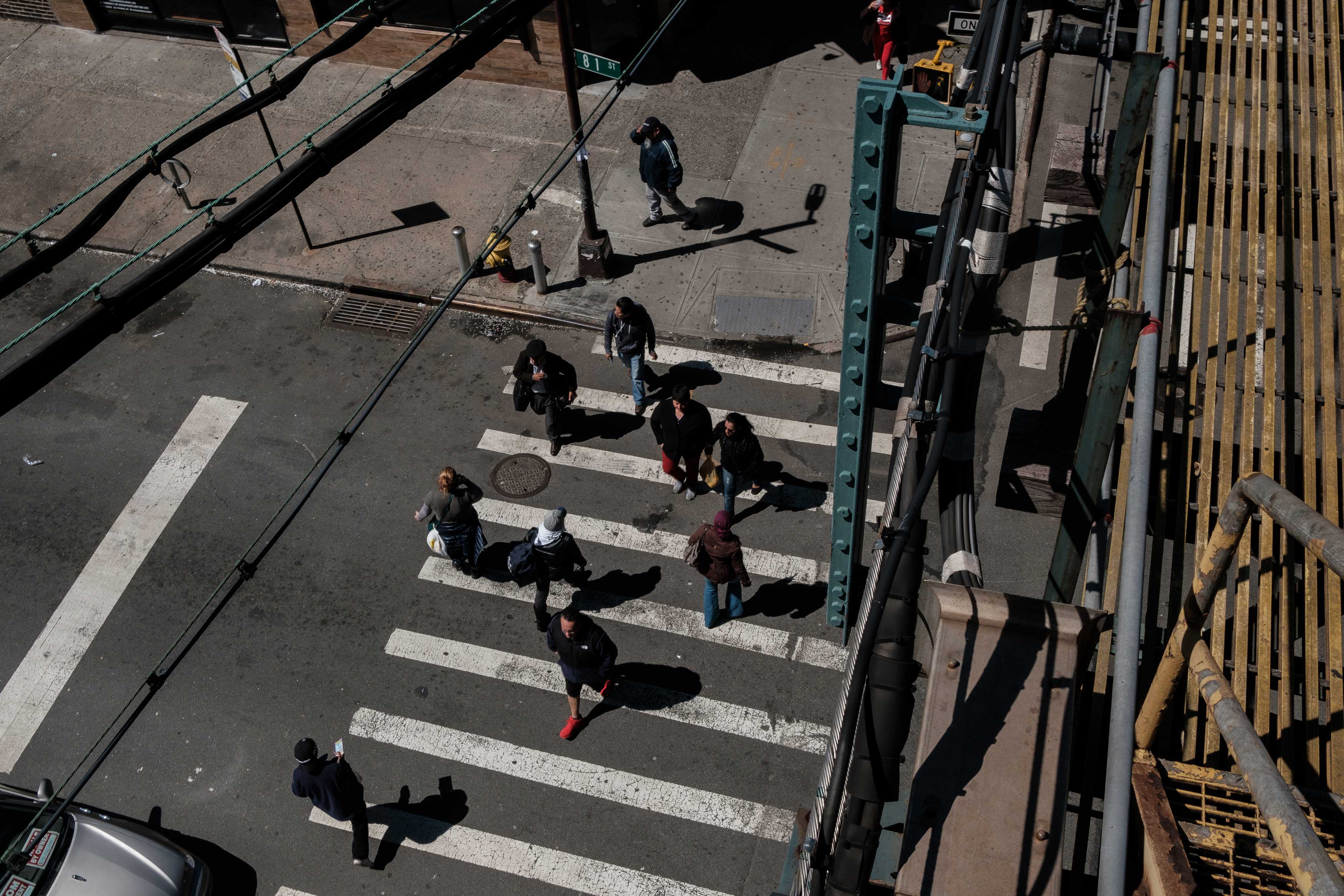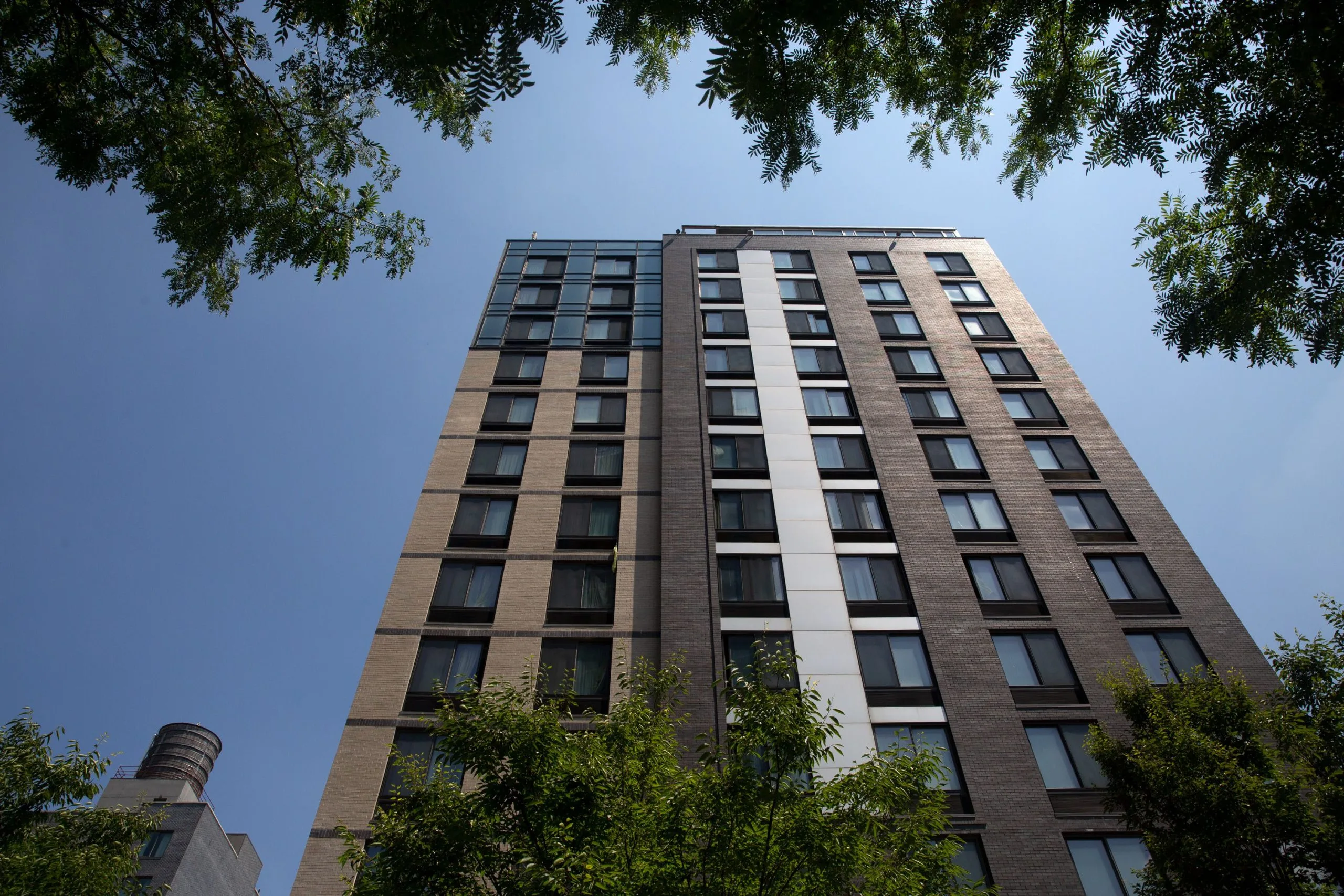In 2011, Christelle Petit-Homme faced a life-altering event when she was kidnapped in Port-au-Prince while attending dentistry school.
Despite her parents’ concerns for her safety, she persevered and completed her dentistry program at the State University of Haiti. But she eventually decided to relocate to the U.S. in 2015, leaving behind a promising career as a private dental practitioner and owner of a pharmacy in southern Haiti.
Petit-Homme quickly learned she would have to start anew. Despite her qualifications and years of experience, she would need to attend dental school again if she wanted to practice dentistry in the U.S.
Petite-Homme couldn’t imagine carrying hundreds of thousands of dollars in student loan debt while struggling to maintain her practice in New York, so she decided to change careers. She earned her certification as a nurse assistant and learned how to draw blood and work an electrocardiogram machine. She briefly worked as a home health aide and eventually became a dental assistant at NYU Langone. She now contributes to the School Health Program-Family Health Center providing dental care and other health services to school children across New York City, including immigrants.
Like many Haitian medical professionals, Petite-Homme had to step back to a less skilled profession when she arrived in the U.S.
As the security situation in Haiti worsens, more Haitians have fled their homeland, hollowing out the already distressed medical system even further. But in the U.S., Haitian doctors and nurses like Petit-Homme describe feeling undervalued and have said, in many instances, they are tasked with doing menial jobs for supervisors and colleagues who are less skilled and less experienced than them.
Petite-Homme eventually found a job in her field in New York, but she said she longs for better conditions in Haiti that would enable her to reestablish and run community clinics. Despite her challenges in the U.S., she fondly recalls her life as a respected doctor in her homeland, highlighting the stark contrast of roles she now navigates in her new home.
Also Read: Validating Foreign Degrees and Qualifications in the U.S.
“My life in Haiti was way better,” she said. “I was a doctor in my country! Come on! But here in the U.S., you are everything.”
With 0.2 physicians per 1,000 inhabitants, Haiti has one of the weakest medical systems in the world. The World Health Organization suggests that a minimum of 2.5 healthcare professionals (including physicians, nurses, and midwives) per 1,000 individuals is required to ensure sufficient coverage for primary care interventions.
Crucial areas in the medical field are losing their rare core specialists, as in many other sectors. One of Haiti’s two forensic specialists had left the country in 2020 after being the victim of an attempted kidnapping, according to a Haitian government source.
The University Hospital of Mirebalais, founded by Dr. Paul Farmer, is the largest functioning hospital in the country and has been significantly impacted by the widespread departure of medical staff in Haiti. HUM is the only place that is training emergency physicians in the country where Dimitri Henrys specialized six years ago.
“We were six in my class and there are only two of us left in Haiti,” Henrys said. “At least half of the doctors in my medical school class live abroad now.”
But there’s a bigger hemorrhage among the nurses, Dr. Ralph Ternier, the chief medical officer of Zanmi Lasante, told Documented.
“It’s a daily hemorrhage,” he says. “They are resigning by the dozen every month. Sometimes, the replacement told us they couldn’t come because they were on humanitarian parole.”
The Biden administration launched a parole process for Cubans, Haitians, Nicaraguans, and Venezuelans, allowing more than 133,000 Haitians to reside and work in the U.S. for two years. Through this program, numerous qualified professionals have had a chance to guarantee a more secure life abroad as the security situation worsens and a solution remains uncertain.
Also Read: Haitian Immigrants Under Humanitarian Parole Question Their Futures in the U.S.
“We are in a complex situation where we are constantly forming and coaching new staff, and we are under staff now,” said Ternier, who explained how hard it is to replace a qualified medical staff with ten years of experience. Last year, the hospital lost its epidemiology specialist who went to reside in Canada. He has still not been replaced.
A difficult re-adaptation
Porez Luxama has welcomed thousands of newly arrived Haitian immigrants in New York through Life of Hope, a non-profit where he is the executive director.
He said that once in New York, these qualified Haitian migrants were lost in a system with no support institution to guide them. Luxama explained that the “most determined” immigrants will start their education over. Many will transition into roles such as certified nursing assistants or home health aides. “From New York, they often venture to other states for better opportunities,” he said. “When they don’t find such opportunities, they return to New York City with the intent to take on any odd job to meet their financial obligations and put food on the table.”
Dr. J.S. got his first job at a vaccination center during the COVID-19 pandemic a few months after arriving in New York. His mission was to guide patients to the vaccination booths and answer their questions.
He spent days on his feet directing patients and worked under the supervision of an American nurse. However, he believed he could contribute even more at the center. For instance, he wished to be able to ask the staff to perform their work better, especially when he noticed errors in safety and management.
J.S., 40, graduated in 2009 and started residency in 2010. He worked for International Child Care, an international non-profit organization, as an HIV project coordinator and specialized in infectious diseases in a program at the University of Maryland. He then received a degree in Global Health Delivery and Social Medicine from Harvard School of Medicine and conducted research on HIV in Haiti.
Along with his research, he ran a community clinic in Bois-Moquette, a neighborhood in Pétion-Ville, Port-au-Prince, with his wife, who was also a pediatrician who graduated from the State University of Haiti like him.
When the couple decided to move to New York with their toddler, they couldn’t work as professional physicians in the American system before passing the arduous medical licensing examination.
“I had never experienced such a hard thing after climbing all these levels,” J.S. said, who is using a nickname and not his real name.
Like thousands of Haitian professionals like him, he had to make the tough choice to leave Haiti and resettle in the U.S. The physician described his life in Haiti as “a successful professional.” He owned a home with no mortgage, had a great professional career, a reasonable salary, and had some big projects in mind.
But for professionals like J.S., Haiti was becoming increasingly unlivable, with heavily armed gangs controlling large areas of the country and gradually moving into Bois-Morquette, his neighborhood. As the number of deaths and kidnappings rose, he decided to leave Haiti for a more promising future in New York.
J.S. arrived in Queens during the Covid-19 pandemic lockdown. He came with his wife and their two-year-old baby to stay in a three-bedroom house with his wife’s parents.
J.S. said his wife now works in a hospital in Brooklyn. Unlike her husband, she cannot yet take the matching test, which opens the doors to working as a doctor in the United States as she was in Haiti.
“When I came here, it was like I returned to 2010. I had to learn the notions of my first year in medical school to take the test,” he said.
After passing three exams, J.S. is in a residency program at the New Presbyterian Hospital.
Since Christelle and J.S. left Haiti, hundreds of thousands of Haitians have left for the same reasons.
Data from the U.S. Customs and Border Protection shows that from fiscal year 2021 to 2023, about 345,000 Haitians have come to the United States. Most of them in 2023, mostly under a parole process program the Biden administration launched in January 2022.
But both J.S. and Christelle are monitoring the situation, hoping they will return as soon as the security situation improves.
Christelle says she hopes to be a dentist in Haiti again, with full control of her private practice as it was in the past. “I love the community dentistry I am doing currently. And my biggest dream is to create a similar program to help children in underserved communities,” she said. “I dream about this every day.”





